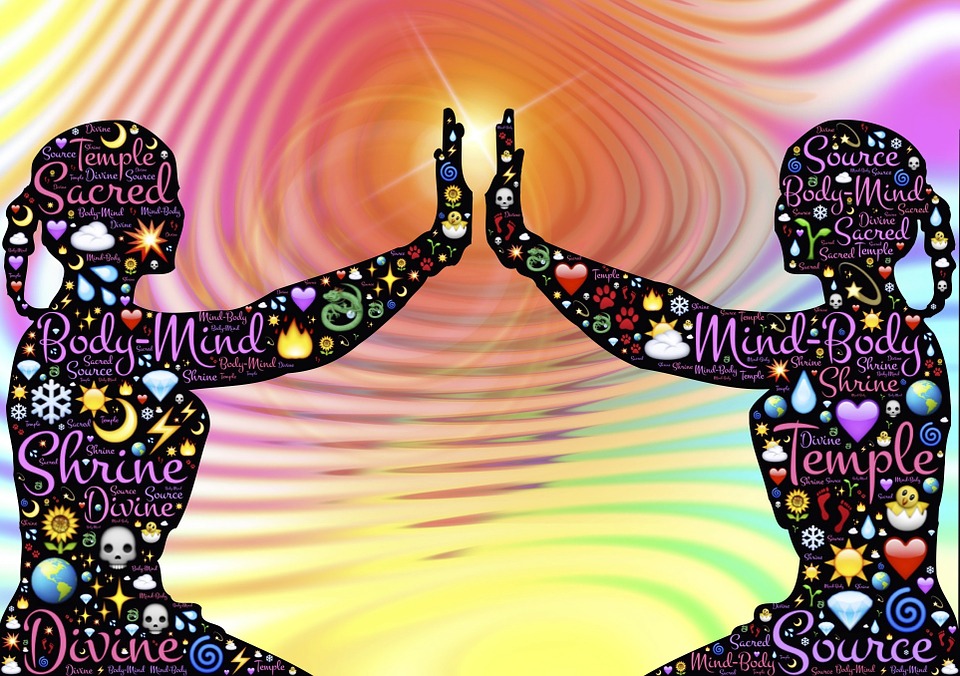
Bridging the Gap: The Mind-Body Connection, and Its Profound Impact on Healing
The human body is a marvel of interconnected systems, but its true potential goes far beyond the physical realm. The mind-body connection, a concept rooted in ancient wisdom and increasingly supported by modern science, reveals that the mind and body are intimately linked, influencing each other in profound ways. In this blog post, we will embark on a journey to explore the intricacies of the mind-body connection, understand the pivotal role of therapists in this connection, and examine how it plays a pivotal role in the process of healing.
Chapter 1: Unveiling the Mind-Body Connection
The mind-body connection is the complex interplay between our mental and emotional states and our physical well-being. It’s the understanding that our thoughts, emotions, and beliefs can directly influence our physical health and vice versa.
Chapter 2: The Physiology of Emotions
Science has revealed that emotions have a tangible impact on our bodies. For instance, stress can lead to the release of cortisol, a hormone that can negatively affect our immune system, digestion, and cardiovascular health. Understanding this connection can help us appreciate the significance of emotional well-being in overall health.
Chapter 3: The Placebo and Nocebo Effects
The placebo effect showcases the power of belief in healing. When a person believes a treatment will work, it often does, even if it’s a sugar pill. Conversely, the nocebo effect demonstrates that negative expectations can lead to adverse outcomes. This highlights the critical role of the mind in influencing our body’s responses.
Chapter 4: Chronic Stress and Its Impact
Chronic stress is a prime example of how the mind-body connection can affect health. Prolonged stress can lead to a range of physical ailments, from headaches and muscle tension to more serious conditions like heart disease and depression.
Chapter 5: Mind-Body Therapies
Mind-body therapies such as meditation, mindfulness, yoga, and tai chi are gaining recognition for their healing potential. These practices help individuals cultivate awareness, reduce stress, and promote relaxation, which can lead to improved health outcomes. Therapists often play a crucial role in guiding individuals through these practices.
Chapter 6: Psychoneuroimmunology – The Science of Mind-Body Connection
Psychoneuroimmunology is an interdisciplinary field that explores the interactions between the nervous system, endocrine system, and immune system. Research in this field continues to reveal the intricate ways in which the mind can influence immune responses and overall health. Therapists may utilize these findings to inform their therapeutic approaches.
Chapter 7: The Role of Belief and Expectation
Belief in one’s ability to heal, often referred to as self-efficacy, plays a significant role in the mind-body connection. Positive expectations and a strong belief in the effectiveness of a treatment can enhance its outcomes. Therapists can foster and support these beliefs through their guidance and therapeutic techniques.
Chapter 8: Emotional Release and Healing Trauma
Emotional healing is a key component of the mind-body connection. Unresolved emotional trauma can manifest as physical symptoms, and addressing these emotional wounds is often crucial for holistic healing. Therapists, especially those specialized in trauma therapy, play an essential role in helping individuals navigate this healing process.
Chapter 9: Holistic Approaches to Healing
Holistic healing takes into account the mind-body connection as an integral part of the healing process. Integrative medicine combines conventional and complementary therapies to address physical, emotional, and spiritual aspects of health. Therapists trained in integrative approaches can provide comprehensive care that supports the whole person.
Chapter 10: The Power of Positive Mindset
Cultivating a positive mindset and practicing optimism can be transformative for health. Studies show that individuals with a positive outlook tend to have better health and longevity. Therapists can assist individuals in reframing their thoughts and fostering a more positive mindset as part of the healing process.
Conclusion: Harnessing the Mind-Body Connection with Therapeutic Guidance
The mind-body connection is a profound and often untapped resource for healing, and therapists are essential guides on this journey. They underscore the importance of addressing not only the physical symptoms of illness but also the emotional and psychological factors that contribute to our well-being. By embracing practices that promote a harmonious mind-body relationship and adopting a holistic approach to health, with therapists as trusted allies, we can unlock the remarkable potential for healing that resides within each of us. The mind-body connection offers a path to not only recover from illness but to thrive and lead a more vibrant and fulfilling life. It’s a reminder that healing encompasses more than just the physical; it encompasses the totality of our being, and therapists play a vital role in facilitating this transformative process.
